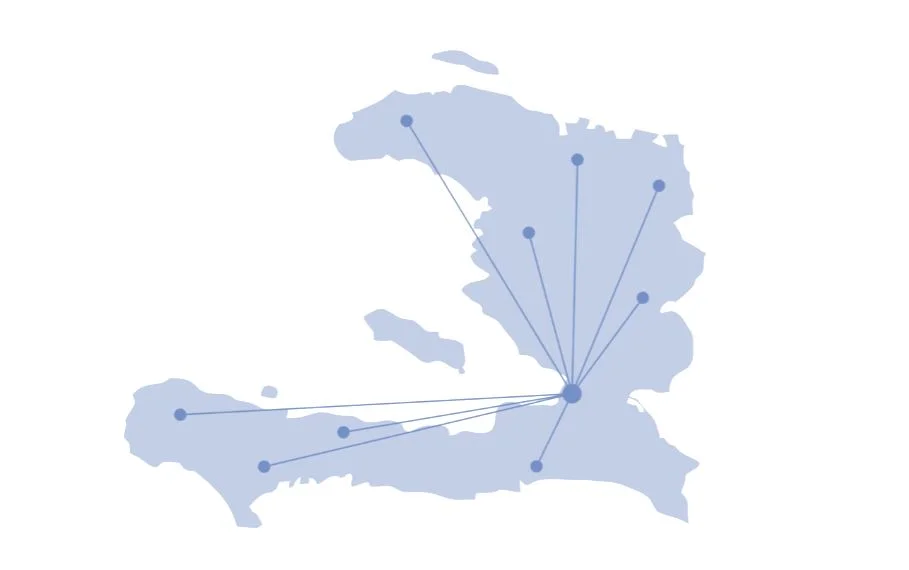I have grown up in Haiti witnessing my country deteriorate year after year. I have seen a UN force sent to restore some level of security and order. I have seen thousands of NGOs apply all kinds of theories only to leave after a few years, having nothing to show in terms of achievements or positive impact. Following recent natural disasters, I have yet to see one successful community development project even though an abundance of resources and hundreds of millions of dollars have been spent.
Through all this, however, I remain hopeful because I see great progress in the field of EDUCATION. For nearly 3 decades, The Haitian Project, through its Louverture Cleary School, has been educating young Haitians from the most vulnerable sections of our population. This education allows them to qualify for jobs, earn an honest living and become productive citizens. While not often reported by mainstream media, this transformation of our poorest citizens is the most important thing currently happening in Haiti. Only through education will Haiti make order of its chaos, raising its head and moving towards true community development and economic growth with an educated population possessing the ownership and determination necessary to turn the country around.
The THP miracle has been a labor of love and of subsidiarity (working at the local level). It harnesses both US and Haitian resources to establish, in Haiti, a formal structure able to address the need for education at an institutional level. Through our recent establishment of local non-profit foundations, (Fondation Haitian Project and Fondation Educative Louverture Cleary) responsibility for school operations, assets, and property now happens locally. We are becoming more equipped to build more schools in Haiti.
Today, Louverture Cleary graduates are in every spectrum of Haitian life, bringing their values as Louverturians to the national edifice. Even with all I have seen these past 51 years, I have faith in the future knowing the day is coming, the tipping point, where Haitians, led by Louverturians, will have the ability to think strategically and collaborate with one another to accomplish our dream of "building a Haiti where justice and peace thrive.”
Regards,
Patrick B.
THP Board Vice Chair
Chair of THP’s two Haitian Foundations
Haitian private sector leader
Patrick B. and Robert Moynihan catch up before a THP event in Providence, RI.






